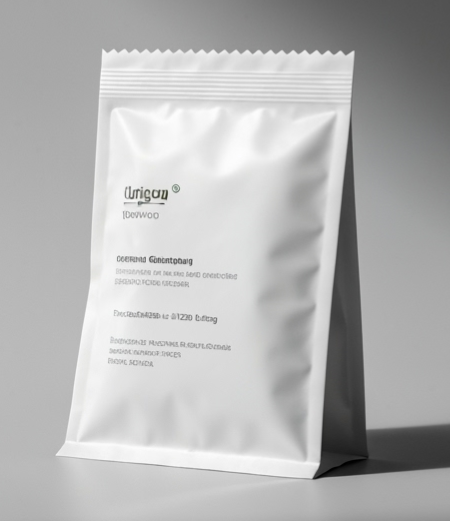Copay Programs
Are they ethical, should you use one?

Navigating High-Cost Autoimmune Treatments: A Guide to Copay Cards
Receiving news that your autoimmune condition has progressed to requiring injectable or IV treatments can feel overwhelming. Beyond coordinating a regular treatment schedule, you're now facing the financial reality of potentially maxing out your insurance deductible. When treatment costs can reach $100,000 per year, the question becomes: how can anyone afford this?
Exploring Your Financial Options
While reaching out to charities, local churches, or generous family members are all viable options for financial assistance, these resources aren't always accessible or preferred by every patient. Fortunately, many pharmaceutical manufacturers recognize these cost barriers and offer an often-overlooked solution: copay assistance cards.
Understanding Copay Cards
A copay card is a manufacturer-provided benefit that significantly reduces your out-of-pocket costs for specific medications. Here's how it works:
- You present the card to your healthcare provider alongside your insurance
- Instead of paying hundreds or thousands of dollars per dose, you pay only $5-$50
- The manufacturer covers the difference through a virtual payment system
- Your insurance deductible is still credited with the full treatment cost, just as if a benefactor had paid on your behalf
The key advantage? You meet your deductible requirements without the financial burden of paying the full amount yourself.
Addressing Ethical Concerns
Some question whether manufacturer copay assistance is ethical. We believe it's as legitimate as any other form of financial aid, whether from charities or private donors. The treatment cost remains the same, and your insurance processes the claim normally—the only difference is the funding source.
However, some insurance companies have introduced "copay accumulators" that don't count manufacturer assistance toward your deductible. In extreme cases, insurers have retroactively demanded additional deductible payments months after treatment, claiming the original assistance "didn't count." This practice of requiring patients to pay multiple deductibles for the same coverage period raises serious ethical questions about fair insurance practices.
Getting Help with the Process
Navigating copay card applications can be confusing, which is why the staff at Pace is ready to guide you through the entire process. We recommend having your copay card approved and on file before your first infusion to ensure smooth payment processing and minimize out-of-pocket expenses.
Unlike some providers who require upfront payment with later reimbursement, Pace works directly with copay assistance programs. We're willing to wait for payment from your copay plan, making the process more convenient for you.
Your Role in the Process
While we're here to help, remember that ensuring your copay assistance is properly set up remains your responsibility. When we work together to establish these programs, everyone benefits from achieving truly affordable care.
Taking the Next Step
Don't let the cost of necessary treatments delay your care. Copay assistance cards can make expensive autoimmune treatments financially manageable. Contact our team to learn more about available programs and how we can help you navigate the application process.
Remember: Every patient's insurance situation is unique. Always verify coverage details and copay assistance eligibility with both your insurance provider and the manufacturer's program.







